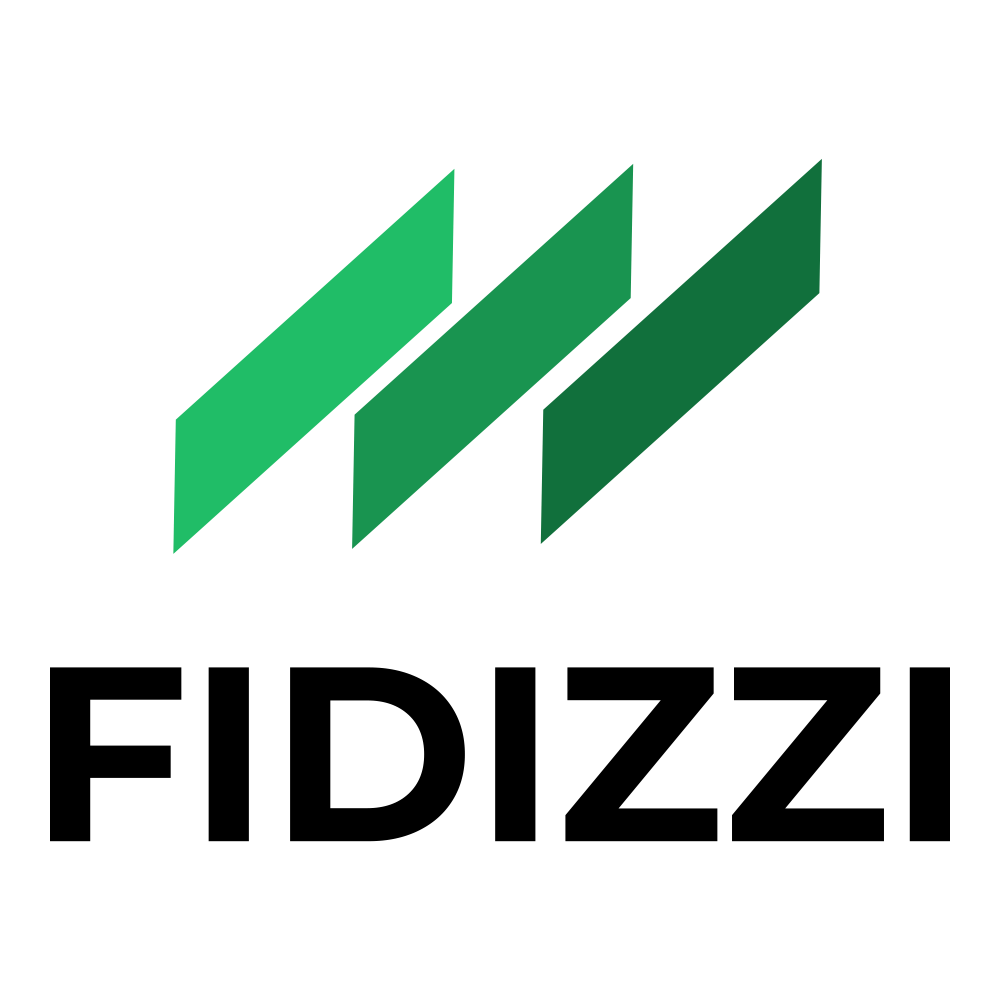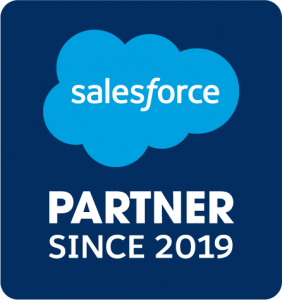
The Difference Between B2B Ecommerce And B2C Ecommerce:
(B2B) means “Business to Business” while (B2C) is “Business to Customer“.
B2B eCommerce uses online stages to offer items or administrations to different organizations. B2C eCommerce targets individual purchasers. An organization that sells office furniture, programming, or paper to different organizations would be an illustration of a B2B organization.
Check out why B2B is more complex than B2C
Some of the main causes why B2B e-commerce is more complex than B2C:
- Since B2B buyers are making buying decisions for entire companies, they have a tighter remit than B2C customers.
- B2B buyers have to go through several departments before they buy, while B2C consumers only have to consider themselves.
- B2B buyers take a gander at the long term, and that implies they invest more time exploring and obtaining recommendations. The B2C customer is more inclined to motivate purchasing or sincerely determined buys.
- B2B buyers have to go through several departments before they buy, while B2C consumers only have to consider themselves.
Suggestions for optimizing your B2B e-commerce platform and providing a B2C-level experience

- While B2B eCommerce may be more complex, and the buyer’s needs are distinct, that doesn’t mean that those buyers don’t expect the same level of service. Personalization has been a boon for B2C, but it can be for B2B as well.
- B2B organizations need to make the most out of every available open door to interface with their ideal interest group, show a differentiator, and highlight their brand. The following are a couple of ways that organizations can help their B2B eCommerce experience:
Creating an Omnichannel experience
The business purchaser does also, as 75% of purchasers say that they expect vendors to have associated processes. Creating an Omnichannel experience is a win/win. It enables customers to engage across any channel and offers companies a wealth of data to better understand their customers.
24/7 Customer Support
- B2B deals with enormous orders and complex processes, it’s critical to offer powerful client support at each phase of the journey. Consider executing chatbots for 24-hour client support.
- Almost certainly, the B2B buyer has previously done some heavy research before approaching (one more contrast in B2B versus B2C), so consider making a FAQ section that could respond to questions.
- Analyze the Check-Out Process
- While offering 24/7 customer support is important, it is also important to give customers the opportunities to help themselves.
- 76% of B2B purchasers find it supportive to address somebody while they’re investigating an item or administration, however simply 15% need to address somebody while reordering. Offering a single tick reordering, or in any event, repeating memberships can further develop consumer loyalty.




